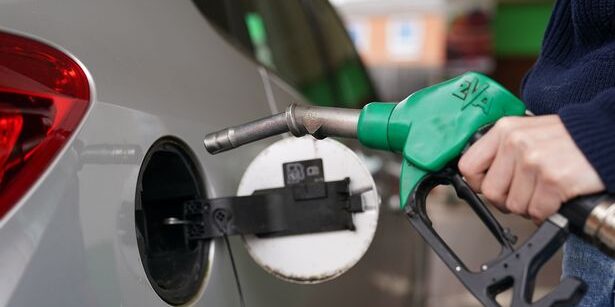Reforming fuel subsidies could help Gabon boost the growth of its economy, the World Bank states.
According to the international financial institution, current fuel subsidies in place continue to stifle development, with high fiscal and social opportunity costs leaving the economy susceptible to global price shocks.
However, through the implementation of five measures, the country can mitigate such development challenges.
According to the World Bank’s recent Gabon Economic Update report, measures that can be implemented include prioritizing reforms regarding fuels that benefit the richest segments of the population and that represent the highest fiscal cost; adopting temporary price-smoothing initiatives that balance price volatility and fiscal risks; staggering reforms to allow households and firms to adapt and deploy mitigation measures; engaging in consultations with various stakeholders from different economic groups; as well as boosting social safety nets and social spending.
Currently, Gabon spends an estimated 100 billion CFA francs on fuel subsidies (0.7% of its GDP). These measures could help Gabon address development challenges and drive GDP growth while ensuring the most vulnerable in the population have access to economic opportunities.
According to Sonia Barbara Ondo Ndong, co-author of the report, “As fuel subsidies benefit mostly the wealthiest segments of the population, it would be important to consider more effective and better-targeted alternatives to support the most vulnerable.”
Report co-author Erick Tjong added that, “The experiences of countries that have implemented fuel subsidy reforms show that there is no standard single set of actions for this type of reform.
On the contrary, measures need to be the subject of public debate, to be identified and designed to reflect the concerns and characteristics of each country.”
As such, according to the World Bank’s representative for Gabon, Aissatou Diallo, increasing investments in infrastructure and human capital development will help the west African achieve its development goals while ensuring that the economy is resilient to global shocks.
![]()




